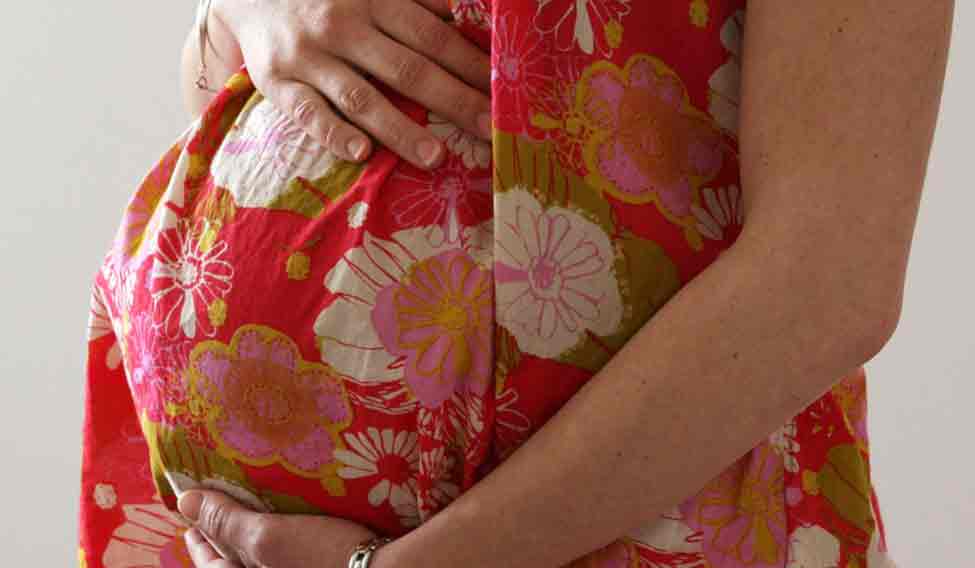Mothers-to-be, take note! Excess weight gain and elevated blood sugar levels during their pregnancy may put your babies at risk of becoming overweight or obese during the first decade of their life, a new study has found.
The study, which followed more than 24,000 mothers and their children over 10 years, is the largest to date on the topic and the first to show that these pregnancy risk factors increase the likelihood of childhood obesity even in babies who are normal weight (2.4 to 3.9 kg) at birth.
All of the mothers gave birth to normal weight babies between 1995 and 2003. The researchers matched the mothers' medical records with their children's records, and followed the children from ages 2 to 10.
Previous studies have shown that excess weight gain and elevated blood sugar during pregnancy increase a woman's risk of delivering a large baby who is more likely to become an obese child. However, there was not much evidence that these risk factors also affected normal-weight babies, researchers said.
"When women have elevated blood sugar and gain excess weight during pregnancy, it seems to change the baby's metabolism to 'imprint' the baby for childhood obesity," said lead author Teresa Hillier, senior investigator at the Kaiser Permanente Centre for Health Research in US.
"We're not sure yet of the exact mechanism of this change, but it appears the baby is adapting to an overfed environment, whether from glucose or extra weight," said Hillier.
Children of mothers who had elevated blood sugar during pregnancy were at higher risk for childhood obesity, but those whose mothers had gestational diabetes—the highest level of elevated blood sugar—were at the greatest increased risk.
Those children were at least 30 per cent more likely to be overweight or obese between the ages of 2 and 10, compared to children whose mothers had normal blood sugar.
Children of mothers who gained about 18 kg or more during pregnancy were at least 15 per cent more likely to be overweight or obese between the ages of 2 and 10, compared to children whose mothers gained less than 18 kg.
Many other behavioural and environmental factors contribute to childhood obesity, including the baby not being breastfed, a child's poor eating and exercise habits, and lack of access to healthy foods and safe areas to play, researchers said.
The study shows that the effect in the womb on the baby's metabolism may be as important as what happens after the child is born.
"We can't wait until the baby is born to determine and address the impact on childhood obesity," said Hillier.
"We need to intervene during the mom's pregnancy to help her with nutritional and lifestyle changes that will result in healthy weight gain, healthy blood sugar and ultimately, healthy children," she said.
The study was published in the Maternal and Child Health Journal.





